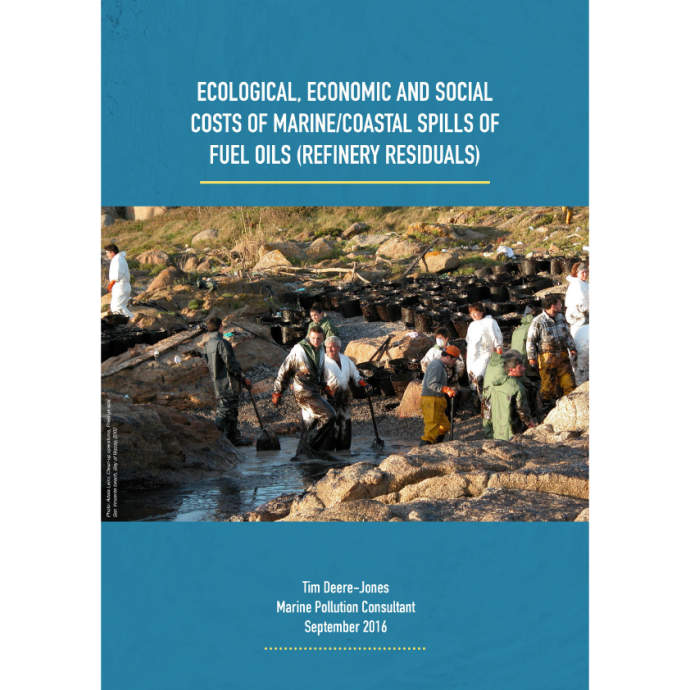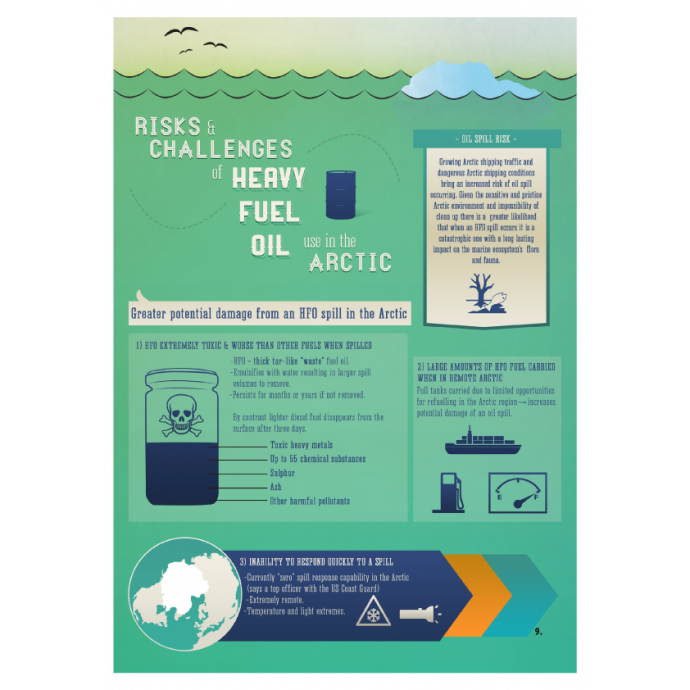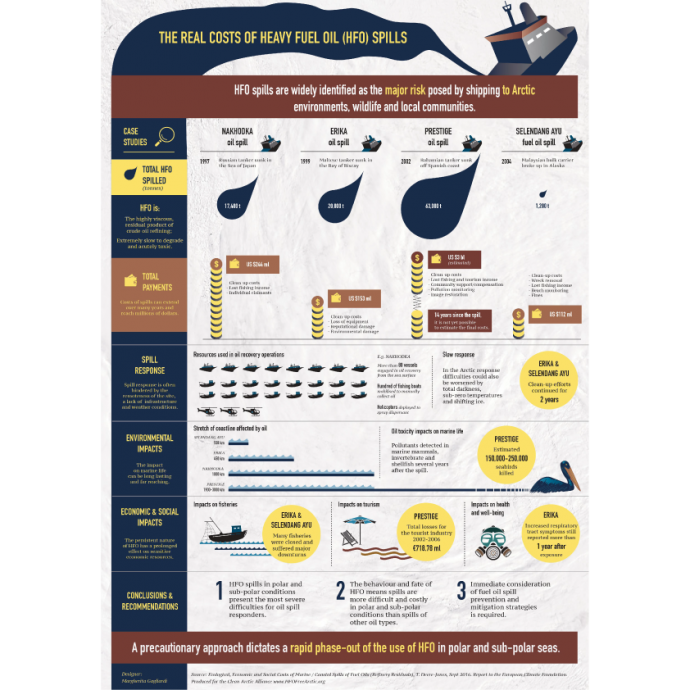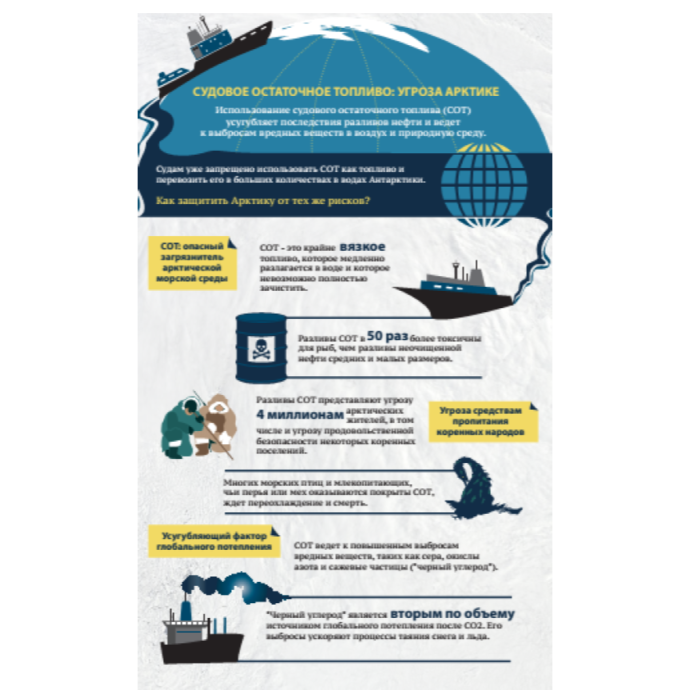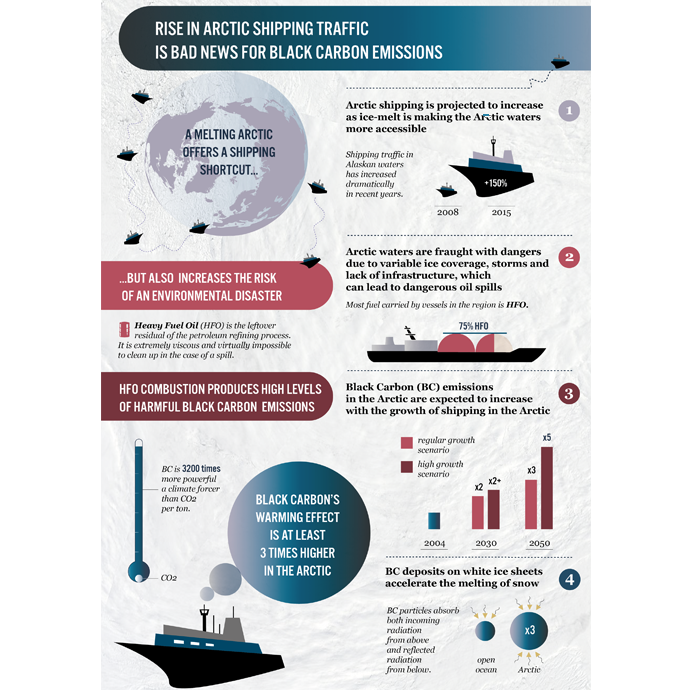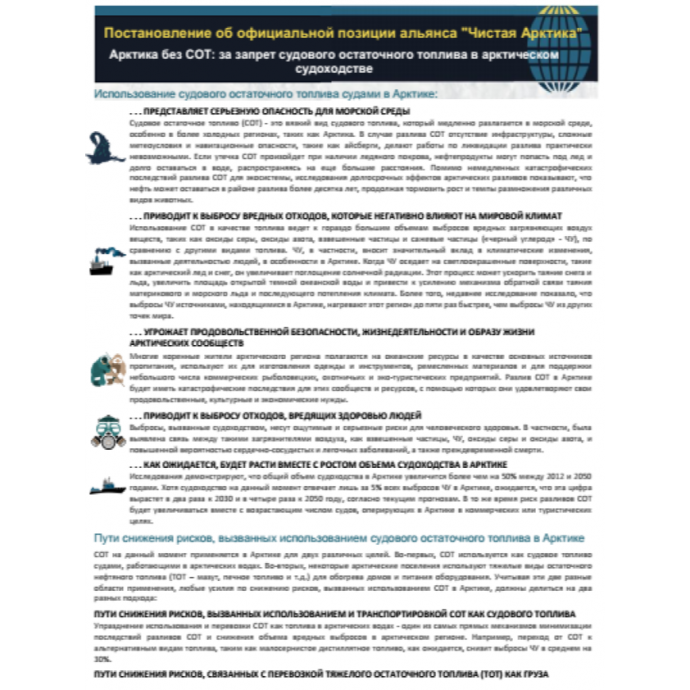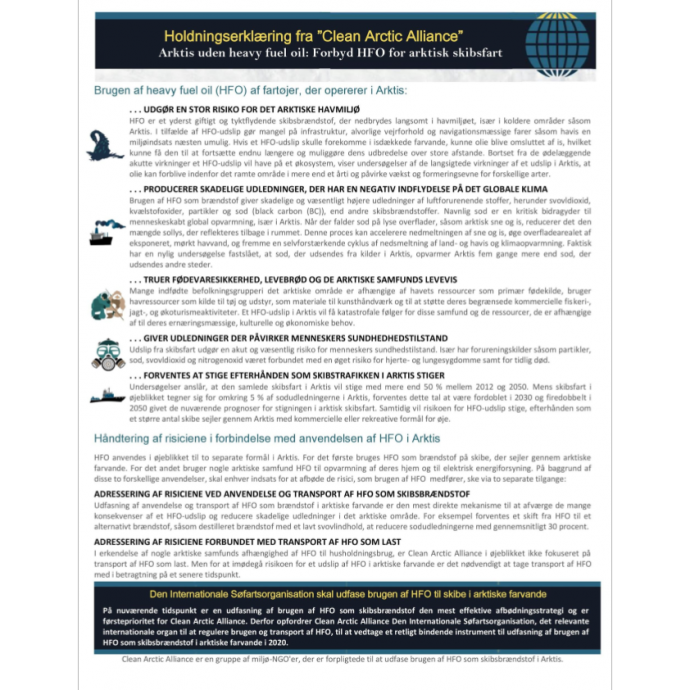АРКТИЧЕСКОЕ ОБЯЗАТЕЛЬСТВО
Launched in January 2017 by the Clean Arctic Alliance and cruise ship operator Hurtigruten, this leaflet explains the aims of the Arctic Commitment which are to encourage stakeholders to urge the IMO to phase out HFO use in Arctic shipping and urge shipping companies in the Arctic to switch from the use of HFO to cleaner fuels.


